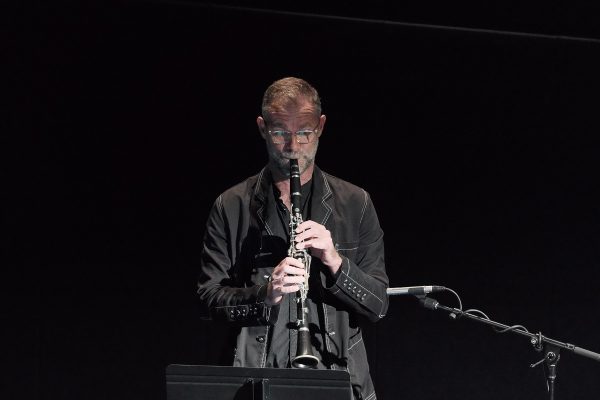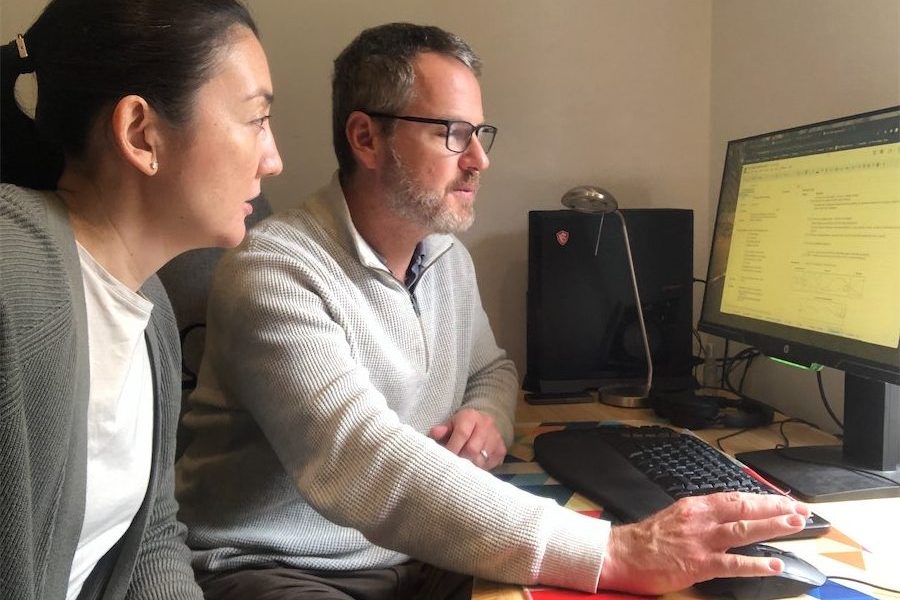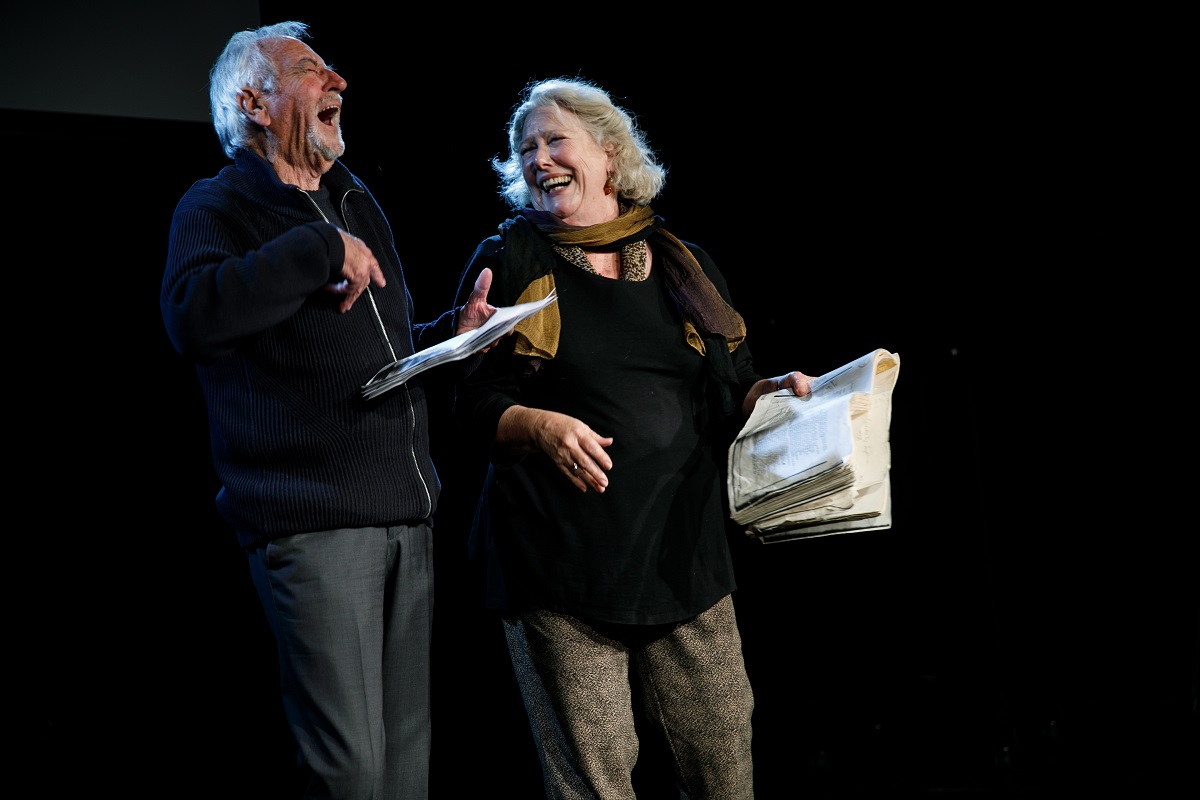
CIMF, Concert 11: “Eyes and Ears”. At the National Film and Sound Archive, May 5. Reviewed by HELEN MUSA with LEN POWER.
MAKING good his promise to present audiences with polar extremes in musical experiences, Canberra International Music Festival artistic director Roland Peelman took audiences on a journey from the sweltering tropics of Timor-Leste to the icy regions of Antarctica in a double-headed concert called “Eyes and Ears”.
As the title suggests, the music was balanced equally with a display of audio-visuals, projected high above the performers.
In the Arc Cinema was a suite of compositions by the late composer Martin Wesley-Smith, who had visited East Timor in 2002 with clarinettist Ros Dunlop.
Wesley-Smith’s aim to expose the dubious dealings of western governments with regard to Timor-Leste, using music, visuals and evocative backing tapes to tell the story.
A trailblazer in multimedia presenting like this, Wesley-Smith’s approach was not, however, overwhelmingly high-tech and the Western instruments bended seamlessly with sounds of traffic and insects, choral singing and on the upstage screen visual comment on events in Timor-Leste.
Clarinettist Jason Noble captured the contrasts the musical contrasts between sweetness and violence, ugliness and grace in a score that subtly blended in “The Last Post”, “The Star-Spangled Banner” and “Waltzing Matilda”.
All the while, we viewed evocative images of traditional life, happy children and beautiful mountains interspersed with pictures of graves, footage of religious spokeswoman Sister Susan and, momentarily, the voice of Australian journalist Greg Shackleton, who was murdered at Balibo in 1975.

Against the odds, Noble’s performance and the concluding visuals featuring victorious freedom-fighter Xanana Gusmao, conjured up not death, but the triumph of the human spirit.
Anybody who has spent time in Dili’s notorious Hotel Turismo – a hotbed in its heyday of espionage, journalism, intrigue and beer drinking – would have been surprised to find it the subject of a major work by Wesley-Smith.
Although there was a cheeky nod to The Eagles in its title, “Welcome to Hotel Turismo” is a deeply sardonic work where we see not the fun part, but Dili and the hotel burning.
Written in 2000, just after the independence referendum of 1999 where nearly 80 per cent of East Timorese voted for independence, it conjured up the bloody retaliation of the Indonesians, the prevarication of the UN, and all the international toadying to the Indonesians and the arrival of International Force East Timor (INTERFET), illustrated by selected cartoons.
The cello of Ruben Palma was at times deeply resonant and melancholy, and at times but finishing on a reconciliatory note.
Cello player Ruben Palma elicited sounds from his instruments that were, at times, upbeat then to dark melancholy, where the cello was manipulated to sound like bullets as Indonesian troops run amok before departing the island.
The final cello section is overlaid with sound effects and poetry connecting nature to the tragedy while looking ahead to freedom for the East Timorese people and their children.

MEANWHILE, in the theatrette at the NFSA, the audience was treated to famous Canberra region harpist Alice Giles performing her work, “Alice in Antarctica”.
Of course, as with “Welcome to Hotel Turismo”, that was another jokey title, with Lewis Carroll overtones.
In 2011, harpist, Giles performed a solo concert at Mawson Station in Antarctica to commemorate the Centenary of the first Australasian Antarctic Expedition in which her own grandfather took part.
In that concert, “Alice In Antarctica”, which has since been seen at festivals around the country, the profound impact on Giles of her Antarctic experience is potently evident.
Her choice of music included icy works by composers such as Joshua McHugh, Jim Cotter, Larry Sitsky, Nigel Westlake and others. Penguins, icy landscapes, wave-tossed oceans, the midnight sun, the aurora and the weather were brought to life by her superb harp playing and readings.
It was all timed to beautiful snowy images and video of the unique Antarctic world that she experienced., a fitting companion piece to Wesley-Smith’s tragi-tropical adventure.
Who can be trusted?
In a world of spin and confusion, there’s never been a more important time to support independent journalism in Canberra.
If you trust our work online and want to enforce the power of independent voices, I invite you to make a small contribution.
Every dollar of support is invested back into our journalism to help keep citynews.com.au strong and free.
Thank you,
Ian Meikle, editor




Leave a Reply